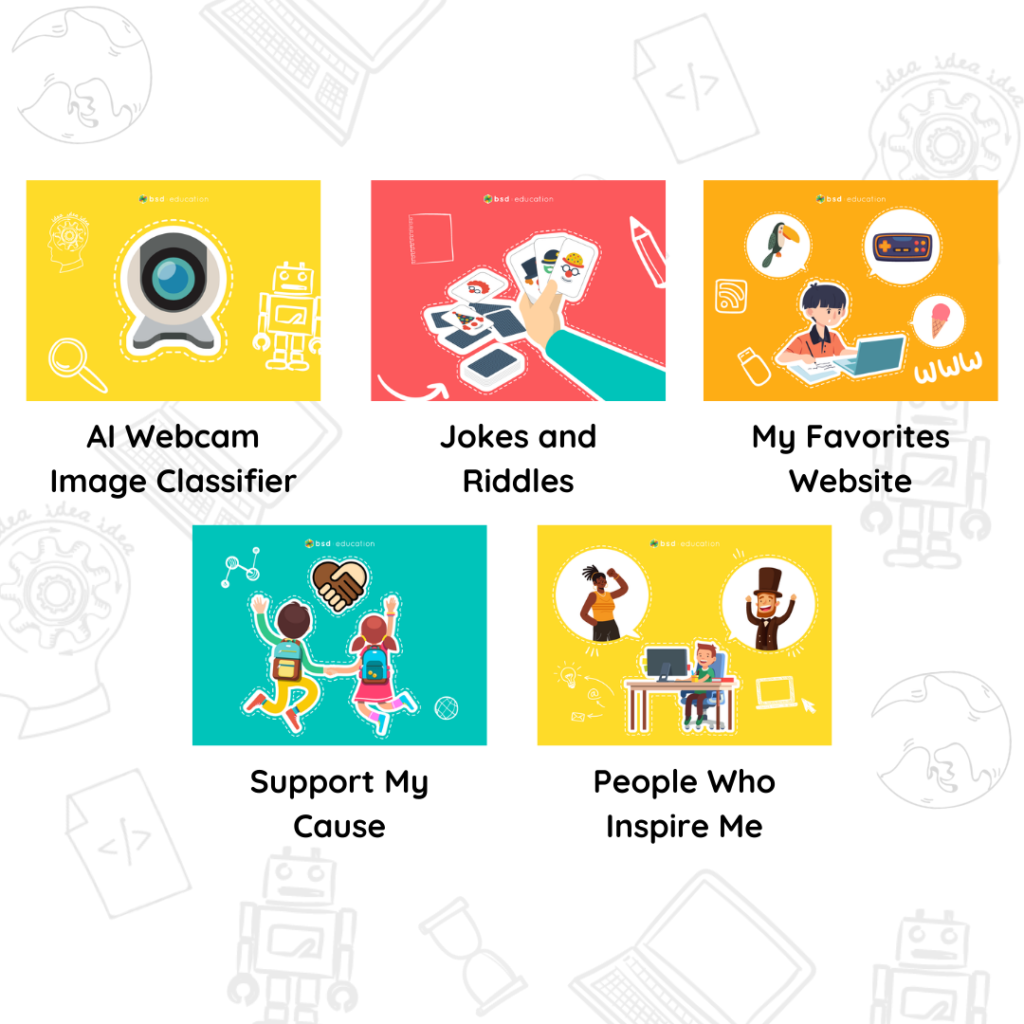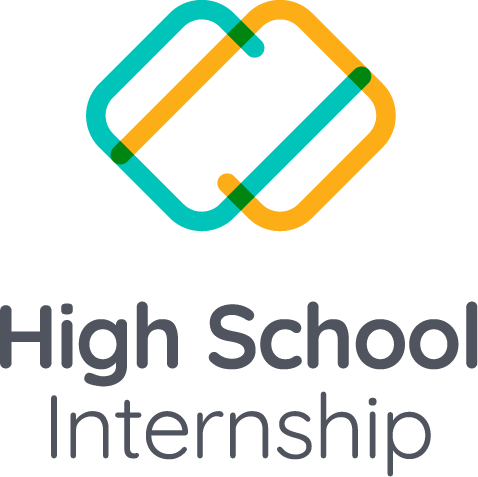A global pandemic has forced schools to adopt technology to power classrooms and teach students. But, unfortunately, the data privacy supplied via online learning tools is ignored to solve these problems.
Most online learning tools, such as Zoom or Google Classroom, interact with data collection from their users. Yet, there are still a lot of questions and a lack of information around privacy for education. Especially when schools go virtual this year, these tools must respect the rights of their users, who are largely children or students. It’s also vital to determine whether these same tools are giving the collected information away without consent.
Many countries have laws designed specifically to protect the data privacy of students. As an example, in the United States, there is The Family Educational Rights and Privacy Act (FERPA) which is a federal privacy law that gives parents certain protections to education records, such as report cards, transcript of records, family information, as well as class schedules. However, parents should be aware that non-public primary and secondary schools are not covered by FERPA.
Here are some privacy insights and ideas to consider in our new ‘normal’ to secure our students’ protection and security.
Verify that your children’s online classroom tools meet your local privacy rules.
Something else for parents and educators to consider is the type of learning resources used in online classrooms. Yes, Many easy-to-use platforms are available for free to all educational institutions, but nothing is truly free. In this case, free access also means free access to collect and disseminate information or data. You might remember it wasn’t that long ago when random strangers started jumping into online classrooms.
Always check data privacy policies before introducing a new tool/website/platform at school if they have access to Personally identifiable information (PII).
Normally, schools typically rely on IT administrators or technology integration professionals to help secure sensitive data. In online classrooms, students (and teachers) log in remotely, with little to no security control. Adding to this complexity, the devices used are also personal, making any group security near impossible.
Ensure that students’ personal data is not susceptible to unauthorized use. Teachers, administrators, and parents must personally protect all personal devices.
Personal devices connected to school systems or platforms risk exposing student data. Apply strict BYOD (Bring-Your-Own-Device) regulations that require security restrictions on devices before granting them access to any protected environment.
Given all of that, it’s important to note that collecting data is not a negative thing. Besides counting students and recording grades, data collecting helps schools improve their curricula and educational systems. Data will continue to be important in advancing education in areas like personalized learning. There is no requirement to maintain data privacy linked to students or teachers.
For example, When using BSD Online, users may rest assured that their data remains unidentifiable. We only collect private information that our customers willingly give us, such as name, email address, and school affiliation. Other data collected is pooled to improve our services but is not shared outside BSD unless required by law. Unfortunately, this is not the standard for many online companies and users are unaware of how their data is collected and shared. As we go more digital with classrooms and schools, data privacy will be critical to protecting all the individuals in the education system.
When it comes to your children or student’s education, when everyone has rushed to virtual learning, it is crucial to step back and ask questions about the educational tool they’re using. Is your data anonymous? Is this “free” program sharing my data?
Education is on the cusp of incredible innovation with technology and how students can learn and engage with the material. With new tools, teachers can be even more creative, and for the most part, this is an exciting time for the future of education. But as we adopt technologies into our classrooms and embrace innovation, we also need to take a moment to consider how these tools affect the safety and data privacy of everyone involved but especially our students.
Code Is: Your Voice
Try Code Is Your Voice today with 6 free coding projects to start building something different today!
Learn more

